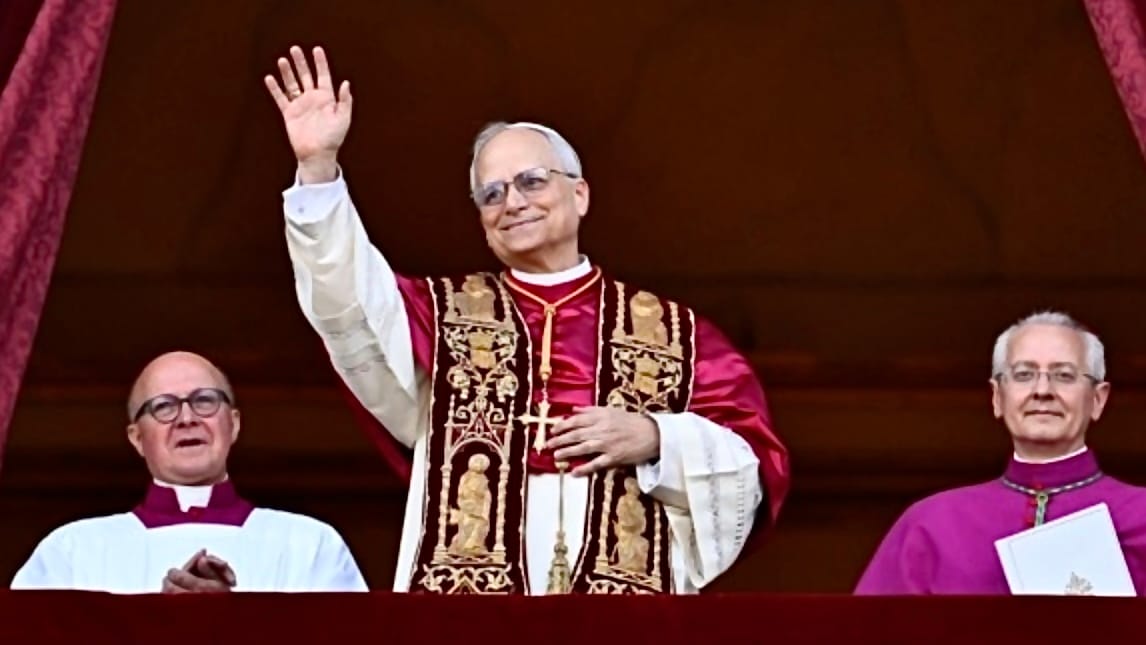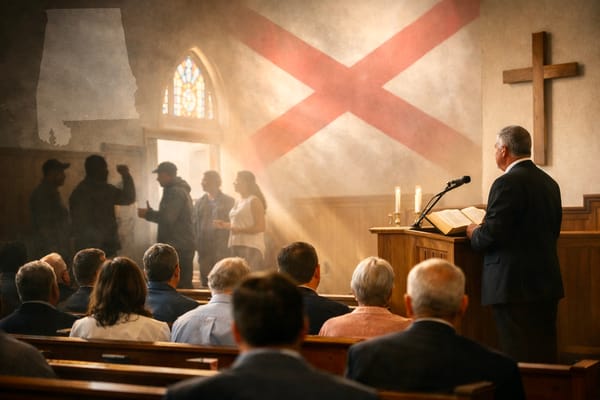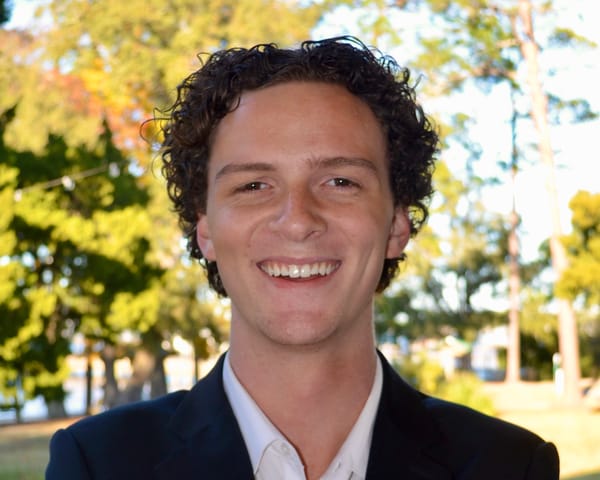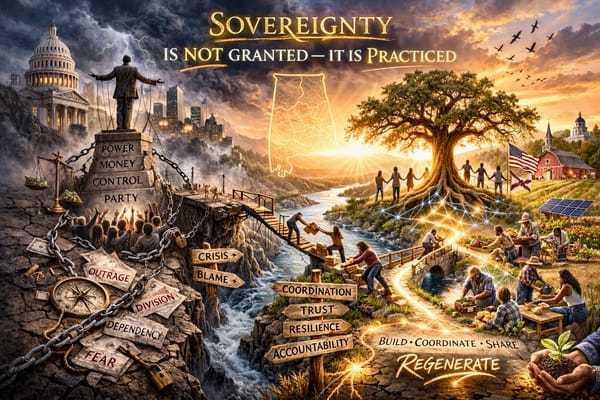Pope Leo XIV: A New Chapter for the Catholic Church
Vatican observers predict a more traditional era for the Church

Cardinal Robert Francis Prevost of Chicago has been elected as Pope Leo XIV, becoming the first American to lead the Roman Catholic Church. His election follows the death of Pope Francis and signals both continuity and change for the global Church. The new Pontiff is expected to steer the Church in a markedly different direction.
Pope Leo XIV, a staunch defender of Catholic orthodoxy, has long been a vocal critic of progressive reforms within the Church. Unlike Pope Francis, who emphasized inclusivity and dialogue with secular society, Leo XIV is expected to reinforce traditional teachings on morality, liturgy, and authority.
The Conclave's decision to elect a North American pope marks a significant moment in Church history. Pope Leo XIV's diverse background—American by birth, Peruvian by citizenship—reflects the Church's increasingly global character. The new Pontiff holds dual U.S.-Peruvian citizenship, and his global roots had Italian newspaper La Repubblica calling him “The least American of the Americans”. Many observers believe his extensive missionary work in Peru and leadership roles within the Vatican have prepared him for the challenges ahead.
Pope Leo XIV is seen by many as a compromise candidate, aligning with many of Pope Francis' priorities such as social justice and outreach to marginalized communities. However, he holds more traditional stances on issues like the ordination of women (he opposes) and same-sex relationships. In a 2012 address to bishops, Prevost accused the news media and popular culture for encouraging “sympathy for beliefs and practices that are at odds with the gospel,” including “the “homosexual lifestyle” and “alternative families comprised of same-sex partners and their adopted children.” While bishop of Chiclayo in northwestern Peru, Prevost opposed a government initiative to promote gender ideology teachings in schools, telling local media that, “The promotion of gender ideology is confusing, because it seeks to create genders that don’t exist.”
In the past, he has expressed strong opposition to abortion, the death penalty and euthanasia.
Commentators have suggested that Leo XIV may prioritize:
- Restoring Latin Mass – Reversing recent restrictions on the Tridentine rite.
- Cracking Down on Dissent – Enforcing stricter adherence to Church doctrine among clergy.
- Resisting Modernist Trends – Rejecting calls for female ordination and same-sex blessings.
The new Pope faces a number of pressing challenges, including:
- Clergy Sexual Abuse Scandals: Addressing past abuses and implementing reforms to prevent future misconduct remain critical.
- Declining Church Attendance: Re-engaging the faithful, particularly in Western countries, is essential for the Church's vitality.
- Internal Divisions: Bridging the gap between conservative and progressive factions within the Church will be a delicate task.
By choosing the name Leo XIV, the new pope pays homage to Pope Leo XIII, known for his advocacy of workers' rights and social justice. This choice underscores Pope Leo XIV's commitment to addressing modern social challenges through the lens of Catholic teaching.
Pope Leo XIV's election represents a blend of continuity and new perspectives. His leadership will likely focus on uniting the global Church, addressing internal and external challenges, and guiding the faithful through a rapidly changing world.
About one in five (19%) of Americans identify as Catholic.




